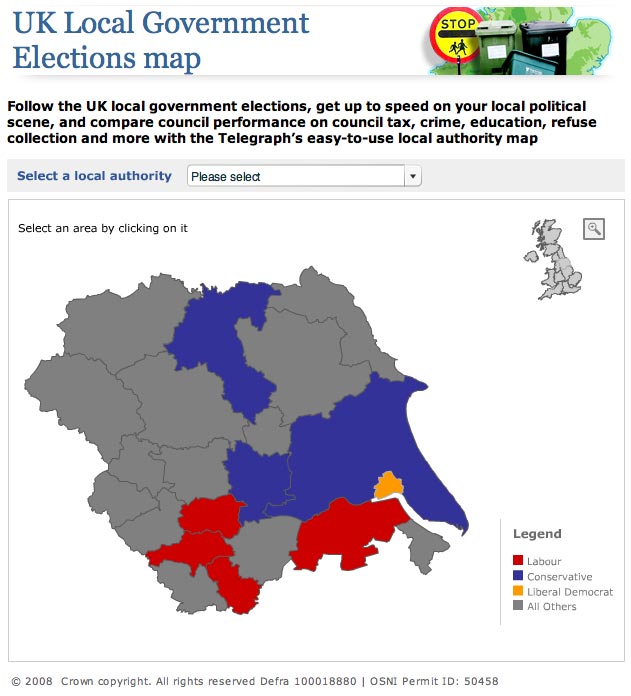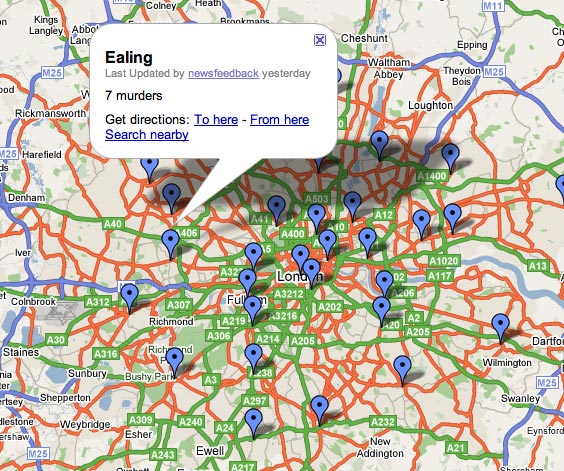Speaking in a blog post of Friday, Shane Richmond, communities editor of Telegraph.co.uk, explained that staff from the Guardian had been putting questions to users of MyTelegraph in preparation for an article about the blogging site.
To pre-empt the attack article, Richmond posted the answers to the questions asked of the site, which covered alleged links between MyT and BNP propaganda and Enoch Powell, while also asking for examples of the best blog posts contributed.
“To me, the tone they strike is politically correct and out of touch with the internet age. The internet encourages free speech, has lower barriers to entry and places greater onus on individuals to decide for themselves what is acceptable. Is it the case that Comment Is Free only within Guardian-approved limitations?” wrote Richmond.
The aforementioned article, published today by MediaGuardian, compares and contrasts MyT with the Guardian’s own Comment Is Free platform and the Sun’s MySun.
“A cursory glance reveals that while it has some powerful and well-written blogs, My Telegraph is also inhabited by some very unsavoury characters. . . Such comments appear on all websites, the Guardian included. The difference with My Telegraph and similar sites overseas is that the newspaper is providing the platform for others to start the debate. On most comment sites, bloggers sanctioned by the newspaper group typically do so,” it reads.
While it’s interesting to consider the different approaches taken to moderation and user-generated content by the Telegraph and the Guardian, in the spirit of open debate on the subject, wouldn’t it be worth mentioning the Guardian’s recent debacle with one of its ‘sanctioned’ bloggers? The debate started by this blogger, wasn’t allowed to continue – I wonder if this would have been the case if the post had appeared on MyT.



